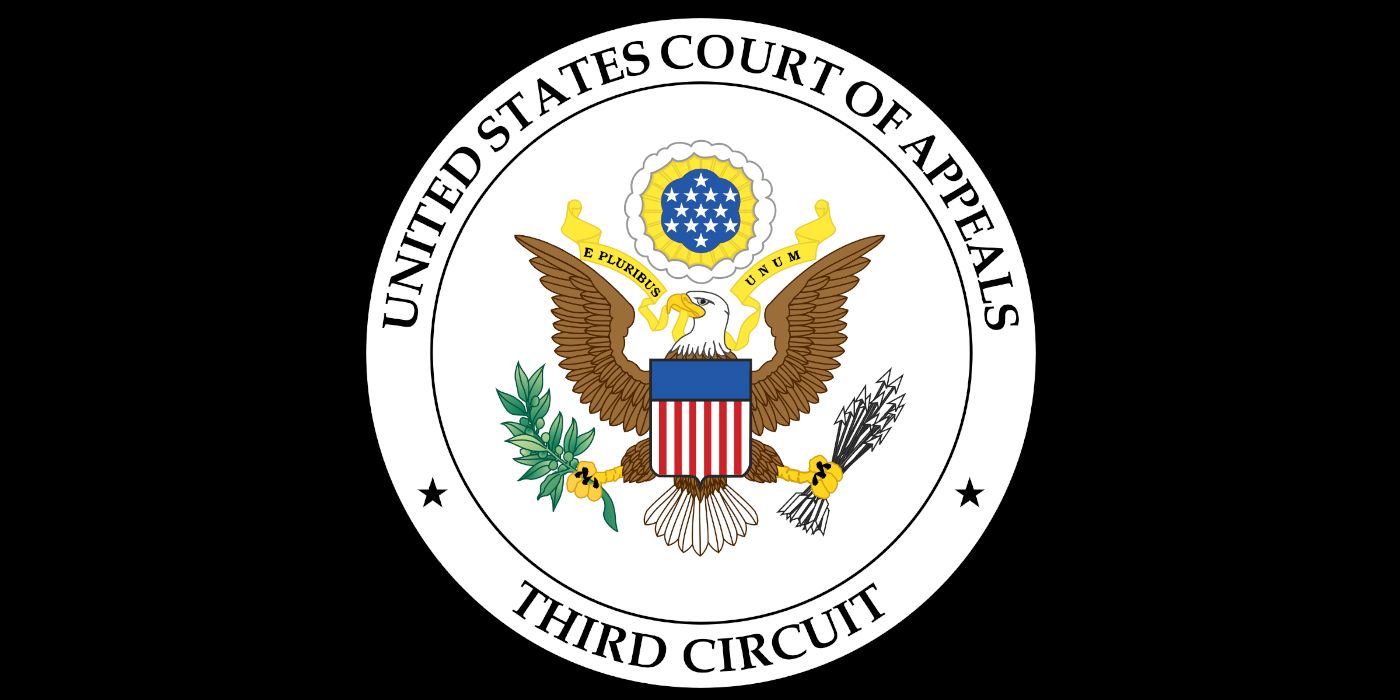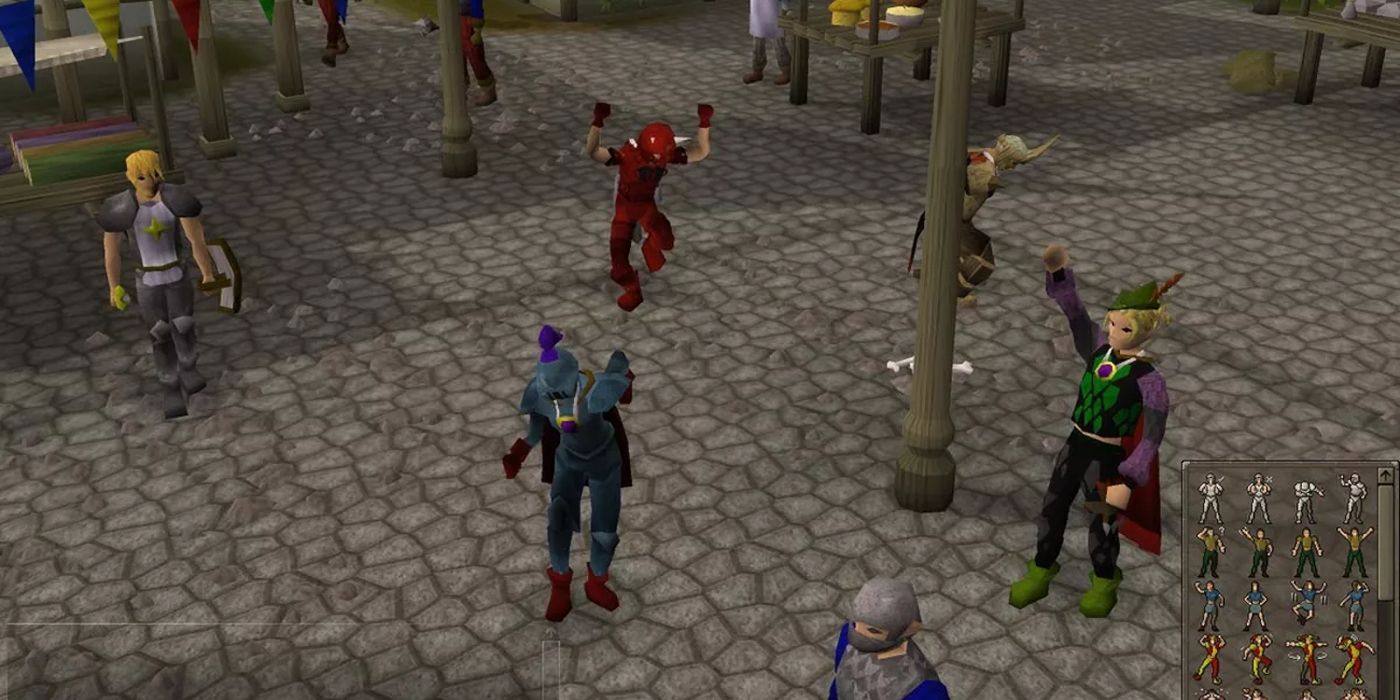An odd but important court case in the United States has just been ruled on. The court case had potentially widespread ramifications for online video game players and online communities. The case in question was brought to court by a man in Pennsylvania, who argued that his First Amendment rights had been violated. The man, named Amro Elansari, had been muted in an unnamed video game developed by the UK-based developed Jagex.
According to Elansari, he'd "invested" over 2,000 hours into the unnamed game before he was muted. To be clear, it isn't clarified whether he was muted, as in had his in-game chat privileges squelched, or if he was banned from the game entirely. Jagex then "muted" Elansari for undisclosed reasons, which he claimed was "unjust treatment ... compared to all other players who are not muted." Elansari requested that he be unmuted from the game, as well as receive damages in the amount of "whatever the jury sees fit."
The case was eventually brought before U.S. Eastern District Judge Mark A. Kearney, who allowed the case to be heard. Kearney eventually dismissed the case over a lack of meaningful constitutional claims. Elansari appealed this ruling, taking the case to the U.S. Court of Appeals for the 3rd Circuit. This is the most recent case that has been dismissed. It's possible, and perhaps likely, that Elansari will try to appeal his case as high as he's able.
Elansari is well-known by the court system, as he is a serial lawsuit filer. He's apparently filed 10 different lawsuits over the past year and a half. For example, Elansari filed a lawsuit in November claiming he was scammed by Tinder. The series of lawsuits implies that Elansari is perhaps not quite as serious about being muted in his game as his lawsuit might imply.
Ultimately, the lawsuit is unlikely to have any meaningful consequences in the video game industry. By all accounts, Elansari's case was dismissed due to its lack of substantive justification. The courts don't seem to have actually ruled on the legality of being muted or banned in a video game. It's possible that another case could put together something more substantive based on First Amendment rights, though it'd likely meet the same fate.
Source: PennLive





